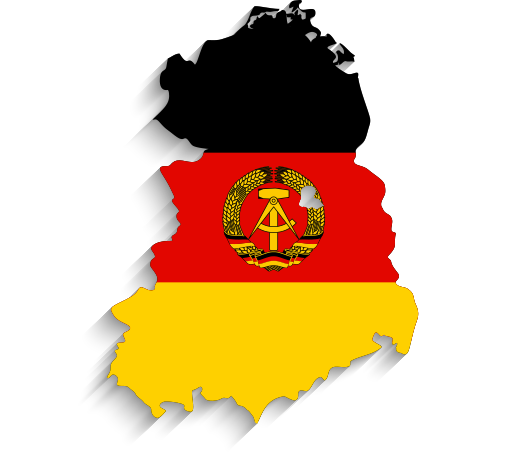(Grant Agreement n. 669194)
(Markranstädt, 20/3/1927 - , 25/7/2019)
President - Central Bank (1974-1990)Member - Working Group Balance of Payments (1976-1989)
The President of the East German Central Bank belonged to those economic experts who were permanently aware of the worsening economic and financial situation of the GDR. In the late 1970s he contributed to analyses warning about rising debts and their potential consequences. In the early 1980s, Kaminsky regarded bankruptcy as almost unavoidable.
|
As head of the Department (XVIII) of the Ministry of State Security he oversaw the work of experts like Horst Roigk and forwarded it to his superiors. His department provided unfiltered expertise on the East German economy and advocated to red... |
|
It is hard to measure the Prime Minister’s influence on the East German economic policy and the GDR’s dealing with the West. He was personally involved in the early negotiations between East and West Germany, nevertheless, his infl... |
|
As Chairman of the East German State Planning Commission Gerhard Schürer was always part of the inner circle of the GDR’s economic elite. However, his power was limited and Honecker never promoted him to membership in the Politburo.... |
|
Without having direct influence on East German economic and foreign policy, the President of the German Foreign Trade Bank Werner Polze was fully aware of the GDR’s financial situation and played a certain role during the debt crisis, es... |
|
Günter Mittag was the economic mastermind of the Socialist Unity Party of Germany. Within the provisions set by Erich Honecker he executed control over the East German economy. He served as Secretary of the Central Committee for Economics... |
|
As Minister of Finance Siegfried Böhm was among the first who warned about the potential consequences of growing indebtedness to the West. He was a member of the Working Group Balance of Payments. At the end of the 1970s, Böhm was am... |
|
Current status of the GDR’s balance of payments with the West in 1978/79
BArch-DDR, DL 226/1248 | Bl. 220–238,
This assessment of the GDR's balance of payments produced by the Chairman of the State Planning commission, the Minister of Finance and the country's leading bankers analyzed the causes and consequences of East Germany's growing indebtedness since the early 1970s. Their conclusion stated the obvious: “This spiral cannot be prolonged.” It was entirely clear that “without the willingness of foreign, and especially capitalist banks to provide further loans in the amount needed, the planned imports and the due payment obligations cannot be realized.” Without a fundamental turnaround in the GDR’s trade balance with the West, debt was expected to skyrocket until the mid-1980s. - Available only in the archive: https://www.bundesarchiv.de |
